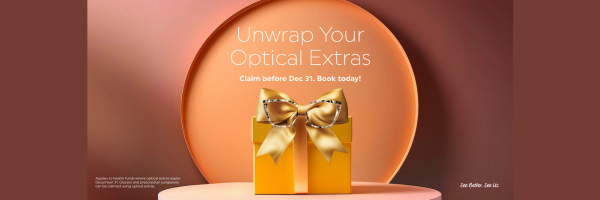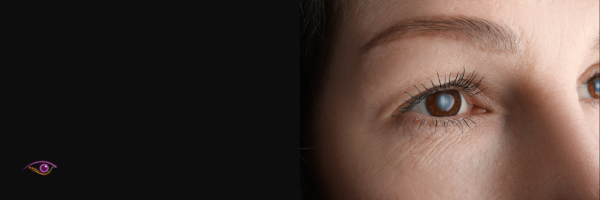Hay Fever and Your Eyes
Coming into Spring, hay fever is a common problem causing frustrating eye symptoms -especially here in the Garden City!
What is hay fever?
Hay fever is a common term used to describe allergic rhinitis. This broadly covers any allergies that affect your nose, whether it be dust, pollen, pet hair or any other allergens in your environment. The most common symptoms include runny nose, sneezing, watery and itchy red eyes. For some this is more seasonal due to pollen but for many it is all year round.
So how does this affect your eyes?
Overall, hay fever won’t cause any permanent damage to your eyes, but it can be very frustrating in your daily life to deal with the constant irritation, itchiness or watery eyes. You may also feel your vision is not as clear when you have these symptoms and that is usually due to the excess tears and general inflammation of the eye. The constant eye rubbing brought on by these symptoms can also lead to dry, red and flaky skin around the eyes.
I take oral medication to prevent or reduce my hayfever symptoms, is that enough?
Controlling the allergic reaction with oral medication will relieve most eye symptoms. General lubricant eye drops can also help flush out the eyes and soothe irritation.
In some cases, the addition of topical anti-allergy eye drops may also be required to aid in reducing symptoms. There are a few over-the-counter options for this and you can ask your local pharmacist what options they have available. One we often recommend is Zaditen, which comes in a bottle or individual minim form. Make sure to read the instructions for whatever drop you choose and if you have any concerns consult your optometrist.
If there is severe redness your optometrist may recommend a mild topical steroid to reduce the symptoms quickly. This is available only by prescription.
What else can I do to help my symptoms?
- Be aware of your hay fever triggers, and avoid them if possible.
- If you’re experiencing excessive itchiness on or around the eyes, a cold washer or a wrapped ice pack against the face can assist in relieving these symptoms, especially if there is any swelling around the eyes.
- Keep the skin moisturised around the eyes, with a scent-free hypoallergenic skin cream or ointment can also help reduce skin irritation.
- Avoid using “red eye” drops that are designed to just reduce redness. These generally work by constricting the small blood vessels on the eye, and they can cause problems if used long term - they essentially hide the problem but don't treat it.
If you have any questions or concerns with your hay fever eyes, contact us today to arrange a time to see one of our therapeutically qualified optometrists.



